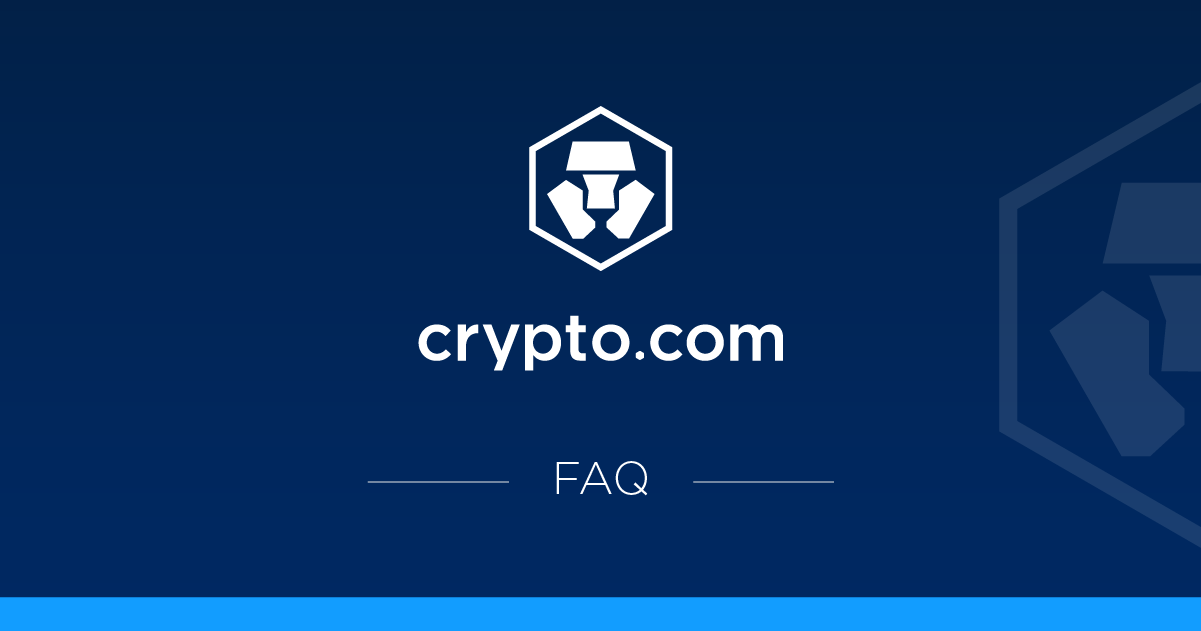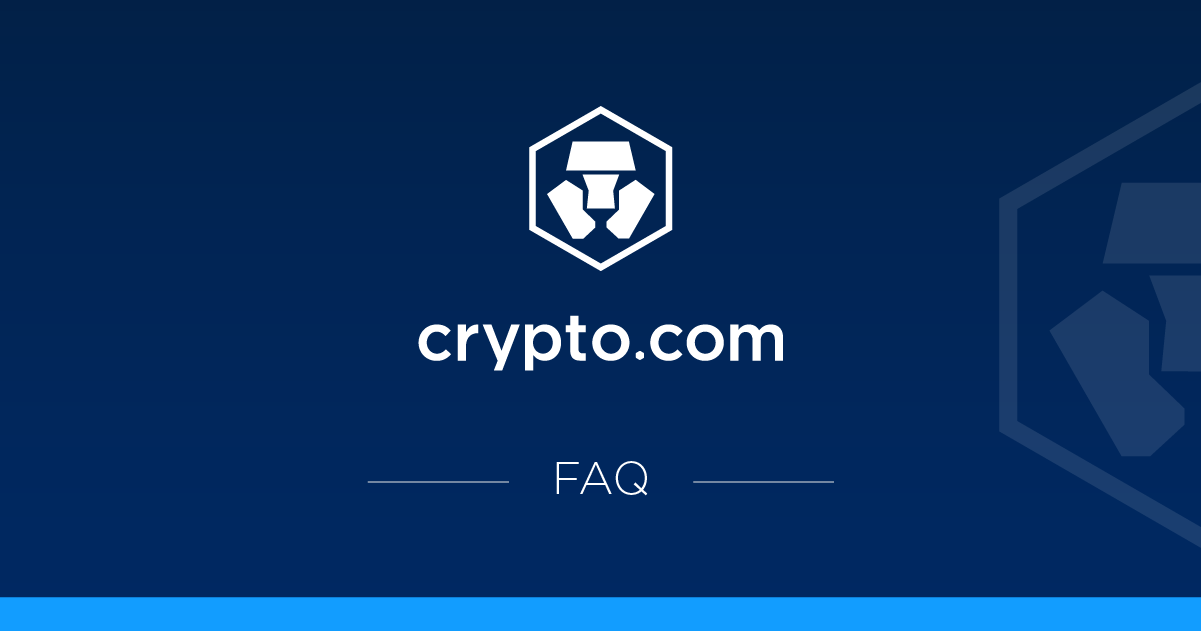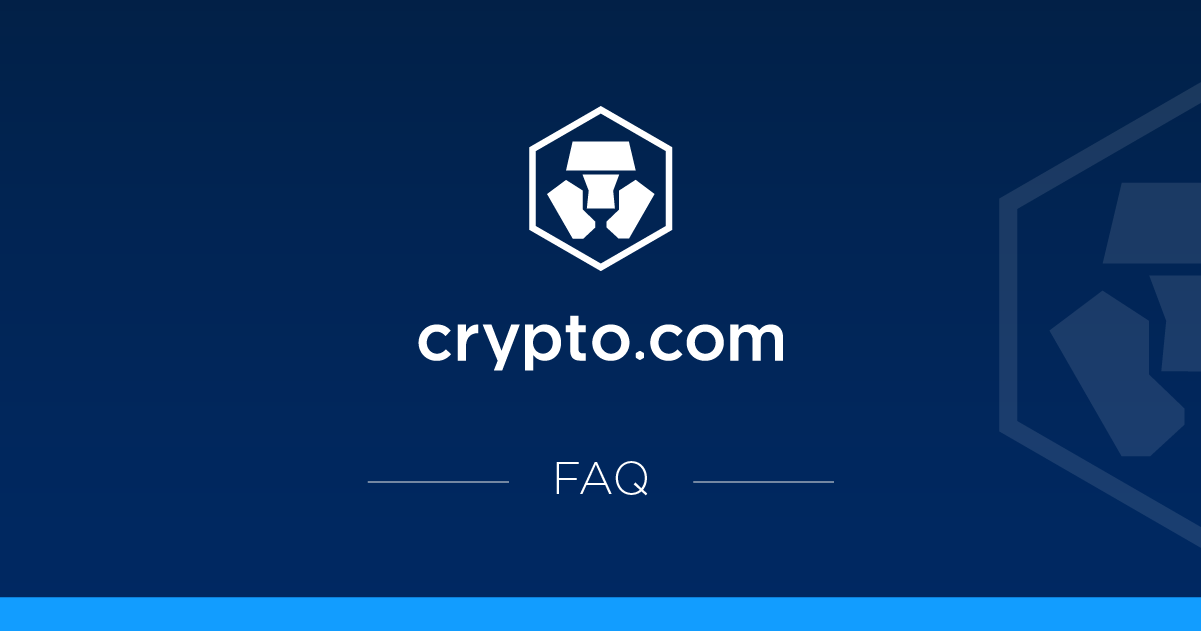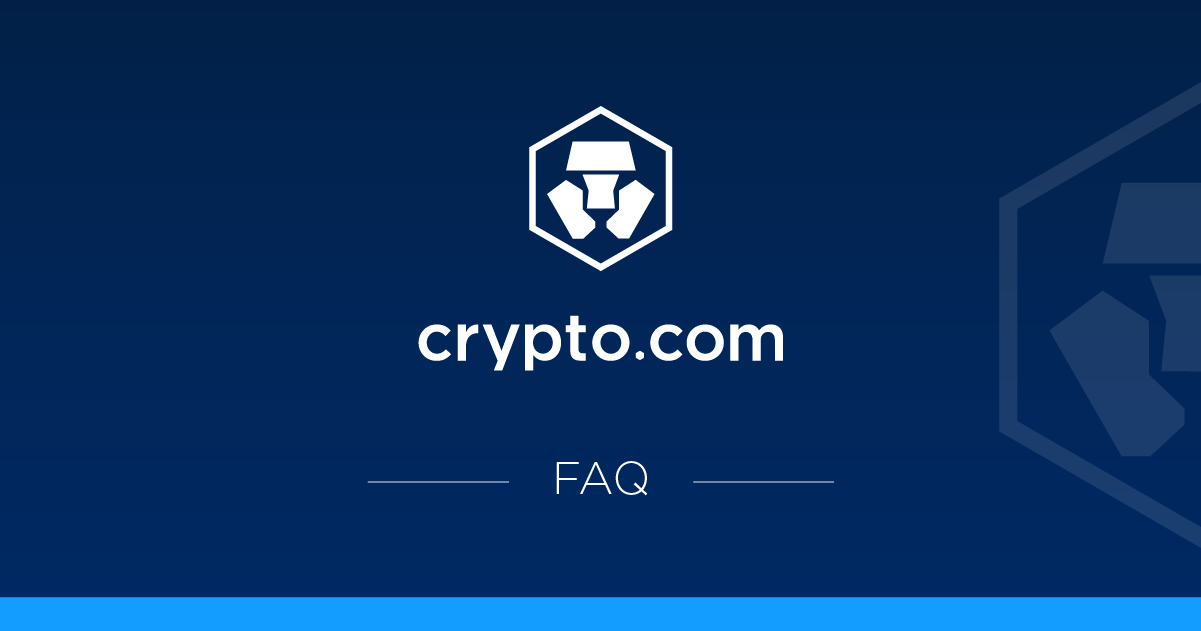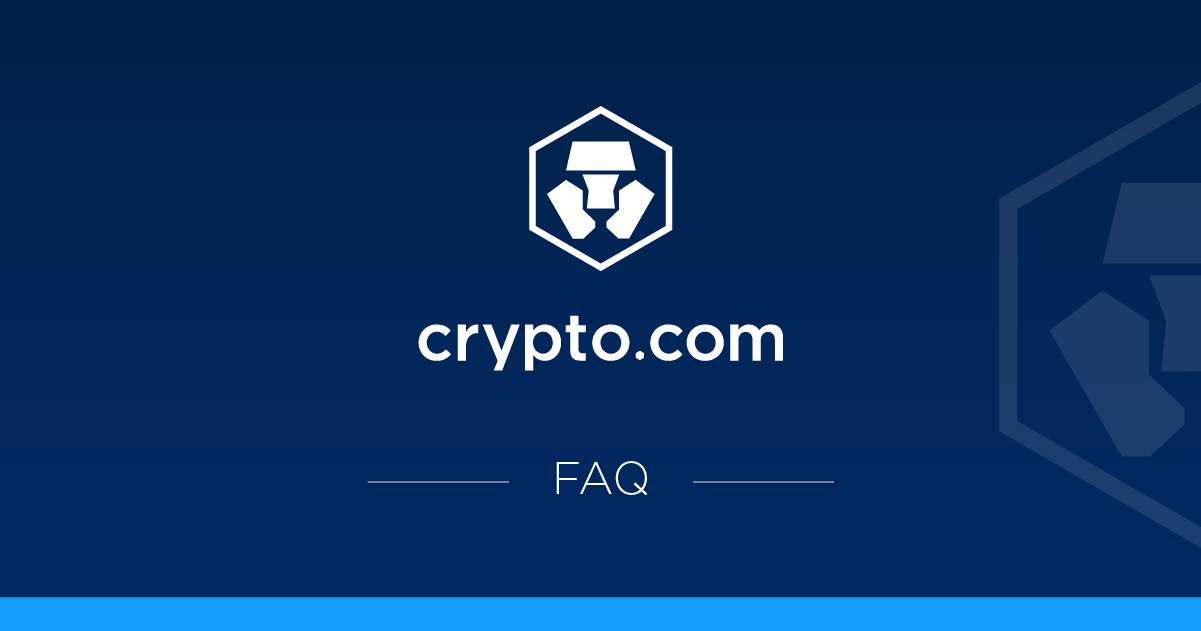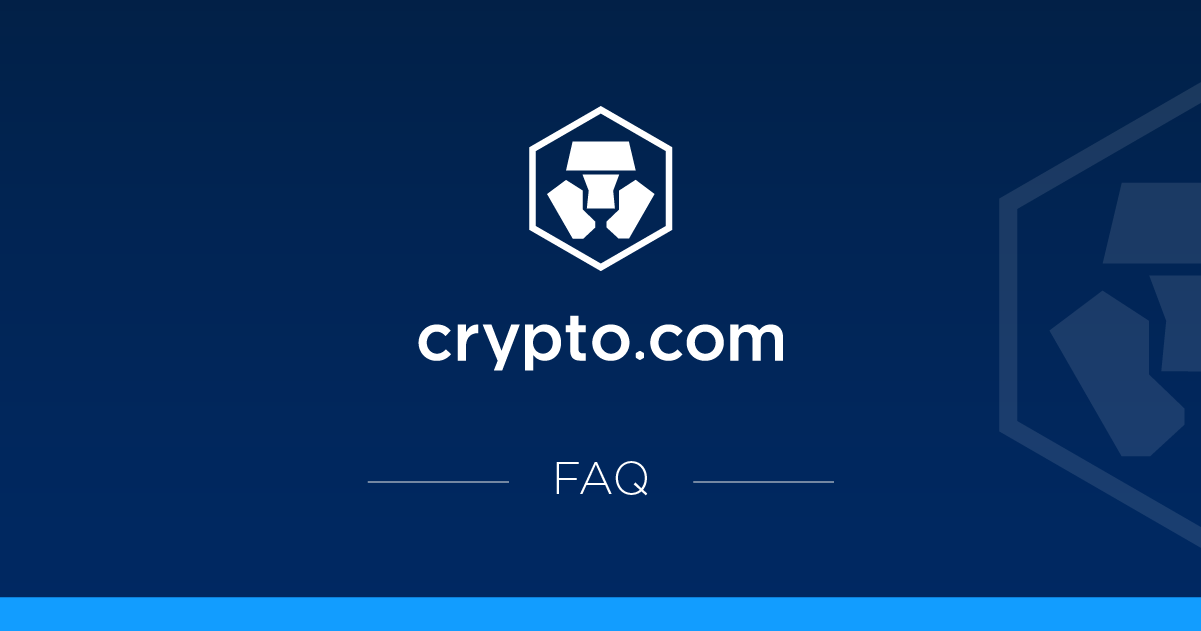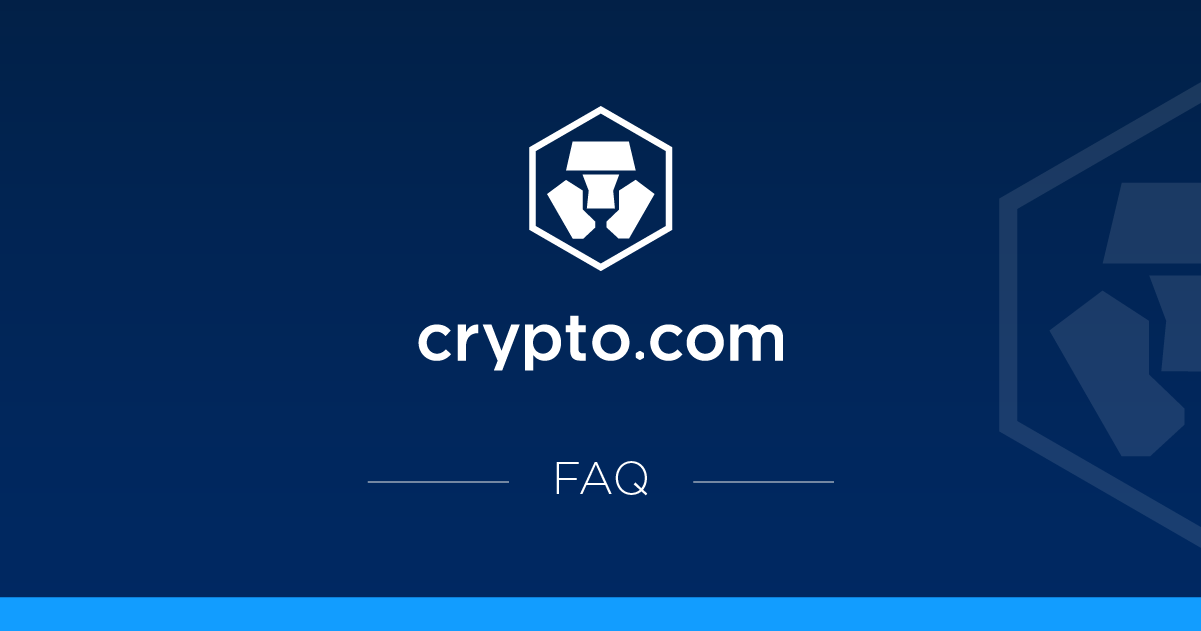Customer relationship management (CRM) software is one of the most important tools your sales business can invest in. It simplifies the processes, puts all the right information within easy reach, and allows you to identify patterns in this data that can drive future sales. The term CRM is occasionally accepted in the sales and marketing world, but it may not be immediately clear what this software does and how it delivers these amazing benefits. So we'll go deeper here with different CRM software examples, and then we'll talk about all the ways that a quality CRM – like Monday.com sales CRM – can help achieve your sales goals. Although there are many different functions and types of CRM software, some of them stand out for the tools and level of customization they offer. Which software you choose depends on what your business is doing and what tools you think are most important.
1. Monday Sales CRM
Of course, you can't write a list of CRM software examples without including Monday's sales CRM. The Monday Sales CRM is a B2B sales platform built so that you can fit the individual needs of any business. The panel-based interface that allows you to build all the information you need to track relevant sales metrics and customer data. You can also click on each area to get a more in-depth view of each transaction. You can see your sales pipeline at a glance, track who owns which customer's account, where they are in the sales process, relevant customer contacts, and more – all in the same place. Your sales team can also communicate among their members in the updates column without having to leave the work system, sending relevant messages and files. So it's understandable that Monday's sales CRM provides a smart and interesting solution, which allows you to keep everything in one place, as the hero of a thriller movie trying to find the perfect solution to the sales mystery. So ultimately, choosing the right CRM for your business depends on your unique needs and the relevant tools you see as essential for success. So take the time to research, compare, and explore the options, and don't forget to enjoy the journey on the way to finding the perfect CRM for you. Because in the end, who says customer relationship management has to be boring?

Monday's sales CRM also has a host of other useful features, including:
- Email synchronization to streamline customer communication
- Sending emails directly from the monday.com work system
- Message logs to keep records.
- Automatic reminders and templates
- Custom boards for lead tracking, budget management, etc.
All of this adds up to a simple and purposeful user experience that looks great. And this can be built without knowing how to write code. So now that you know about all the amazing features of Monday, you can jump on your sales business like a CRM ninja and achieve your goals with ease and style.
2. Hubspot CRM
Another top CRM system is Hubspot's platform. It also enables the management of customer data and the tracking of interactions, thus creating a timeline of activity for each customer. Hubspot's CRM also allows you to track your sales and service processes, along with a range of additional functions that you may need to measure. It integrates with many popular deals and apps, expanding its functionality to include email integration and apps like Shopify. This CRM integrates various products that Hubspot offers, such as Marketing Hub and Sales Hub, into a single tool.
3. Salesforce CRM
Among the more popular CRM systems for businesses today is Salesforce. Their CRM system, called Customer 360, offers a combination of features that can help B2B teams make more efficient sales, including detailed customer data analysis. Customer 360 uses Slack as a communication platform for teams to stay connected with each other. Similar to Hubspot's CRM, the Salesforce product combines several different products into one suite focused on customer relationship management. So here we are, now we've looked at some key examples of leading CRM systems on the market. The goal is to choose a system that best suits the unique needs of your business, and no less important – that can function in an easy and enjoyable way. Remember, we live in the digital age, and sometimes a little culture and knowledge about the right tools can lead to a quick and smart approach to managing your customer relationships. So exercise your brain, start researching the options, and we're sure you'll eventually find the perfect CRM for you. Still, who said that learning can't be fun and entertaining?
Benefits of CRM
A high-quality CRM system can help you implement and manage your sales efforts more effectively. Here's how:
1. Organized and practical information
Most sales management system options on the market can collect customer data, as well as record your team's interactions during the sales process so they have an archive to come back to. But what qualifies CRM systems to be truly powerful is their ability to organize this information and make it searchable. A quality CRM will allow you, for example, to search for a deal by company name or contact. And if multiple team members work on the same account, the CRM will give them access to the full record of conversions between your team and the customer, so no one is missing information.
2. Central Information
The CRM systems also give everyone access to the right information so that nothing ends in one department. Each of your team has the information required to make decisions and if they insist on a problem, know which contact to contact directly.
3. Save time
The focus on automatically triggered tasks and reminders, as well as email templates and integrations that allow you to do almost everything directly in the CRM system, saves time on manual and repetitive tasks. This is a time your team can invest in the important work of building better relationships with customers. CRM systems can even automate sales reports for your team, so you can get a broader picture of sales performance at any time, in almost a few minutes. Between the sales dashboards and lead tracking features, Monday's sales CRM allows you to get a broader picture of your data this way anytime you want without having to run a report.
4. Better Customer Relationship Management
This, finally, is the main purpose of a CRM. Follow-up operations are simpler with this software, and the segmentation of customers into categories makes the long lists of email addresses nightmarish to analyze and easier to deal with.
Keeping in touch with customers with CRM
Your team should be able to meet with the people at every stage of the sales quota. And Monday's sales CRM can help them do just that with a variety of integrations, in-board messaging, file sharing, and endless customization. One example of how a Monday sales CRM can be used is the ability to see exactly where each lead is in the sales pipeline. A five-step graphic from “Happy Lead” to “Victory” simply shows exactly where each deal is so you don't lose track.

Your emails are always saved as drafts, so important correspondence isn't lost. And that's just the tip of the iceberg.
Faq
What are old CRM tool examples?
The tools built into a CRM system can vary depending on the software, but there are a few that are found across all brands. For example, automations are built into almost every CRM and include automated messages and approvals, and automated post-tracking email. Analytics tools can also help gather customer feedback about products and customer experiences with your company.
What are the four pillars of CRM software?
There are four components that are considered essential to the implementation of a CRM system, and they are sometimes called the four pillars of CRM software. The four are manpower, strategy, process and technology, and each of them acts like the legs of the table – if one of them fails, the entire system fails.
What three types of CRM systems are there?
CRM systems are divided into three broad categories, each specializing in a different field: process, analytical, and collaborative. Process systems facilitate day-to-day sales processes, analytics systems allow you to export meaning from customer data analytics to understand trends and gain insights, and collaborative systems focus on improving communication between business departments. monday.com's sales CRM includes elements from all three categories. That's it, these are some of the frequently asked questions about CRM systems. Now that you have a little more research in this area, you can get answers and explore the best options for your business. Any CRM system can be the ideal tool to fulfill your needs and significantly improve your manageability.
